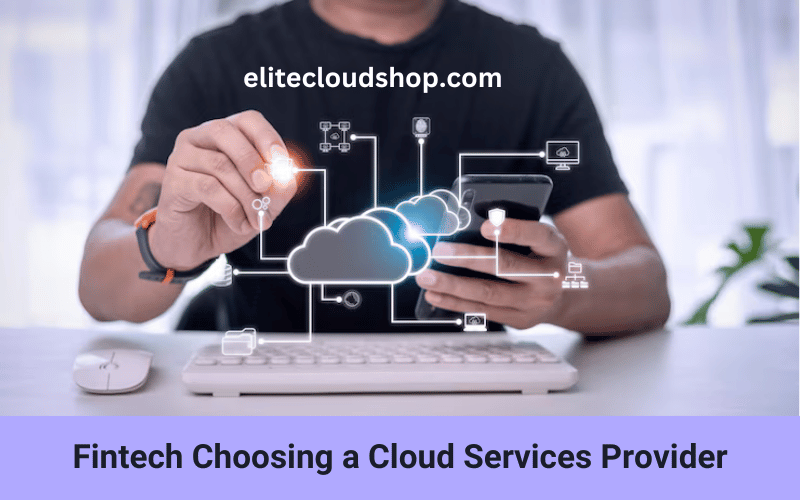
In the rapidly shifting landscape of financial technologies, the act of fintech choosing a cloud services provider stands as a crucial decision that directly impacts the scalability, security, and operational efficacy. Cloud solutions are indispensable for contemporary fintech firms, providing a necessary edge to remain competitive and handle extensive financial data with utmost security and efficiency.
For a fintech choosing a cloud services provider, public clouds offer an expansive environment designed to accommodate the varying demands of financial operations, thanks to their flexibility and cost-efficiency.
When a fintech chooses a cloud services provider, opting for a private cloud can enhance data security and operational control—critical factors for businesses handling sensitive financial information.
A hybrid cloud approach allows a fintech choosing a cloud services provider to leverage the combined benefits of both public and private clouds, ensuring flexibility and enhanced data protection.
Cloud services provide the necessary scalability for fintechs, accommodating sudden spikes in data processing needs without the overhead of physical infrastructure.
Security in cloud services includes encrypted transactions and secure data storage, crucial for fintech operations and maintaining customer trust.
Regulatory compliance is streamlined with cloud services, as many providers are well-versed in the legal requirements specific to the financial industry.

It’s crucial for fintech choosing a cloud services provider to consider providers’ expertise specifically in the financial sector, ensuring they understand the unique challenges and needs of fintech companies.
Assessing the security and compliance capabilities of a potential cloud services provider is essential for any fintech, ensuring that they meet stringent industry standards.
Integration capabilities of the cloud service provider should align seamlessly with existing fintech systems to avoid disruptions and maintain efficiency.
Effective customer support and clear service level agreements are pivotal, ensuring reliable service and timely assistance when issues arise.
For fintech entities opting for a cloud service provider, it is crucial to implement unceasing surveillance of the cloud framework. This practice ensures immediate identification and remediation of any operational anomalies or security vulnerabilities.
Adhering to stringent data management protocols is paramount, safeguarding data veracity and ensuring its ready availability while enhancing the efficiency of cloud resource utilization.
For fintech enterprises, the selection of a cloud services purveyor is pivotal, markedly influencing their operational prowess and strategic orientation within the finance sector. A meticulous appraisal of the purveyor’s acumen in fintech, augmented by their prowess in security, regulatory adherence, and system integration, is imperative to fully leverage the advantages of cloud computing.
Principal Considerations: Prioritize aspects such as security protocols, regulatory compliance, financial outlay, expandability, and the provider’s proficiency in financial technologies.
Advantages of Scalability: Facilitates the capacity of fintech enterprises to adeptly navigate the ebb and flow of market demands without substantial capital expenditure, thus ensuring steadfast operations and client contentment.
Security Benefits: Cloud purveyors implement stringent security frameworks, including cryptographic measures, multi-tiered authentication processes, and consistent evaluations, all indispensable for the safeguarding of delicate fiscal data.
Criticality of Compliance: Electing a cloud service that conforms to stringent financial statutes is crucial to circumvent legal complications and foster trust amongst clientele.
Integration Strategies: Engage in meticulous planning, select a provider that offers robust support, conduct thorough system verifications, and maintain a contingency strategy to minimize operational interruptions during the transition.
You can also read our related blog post here:
Get free aws account, Is Kamatera Safe, What Is Sovereign Cloud, Cryptocurrency Adoption
Also, You can buy Cloud products here: